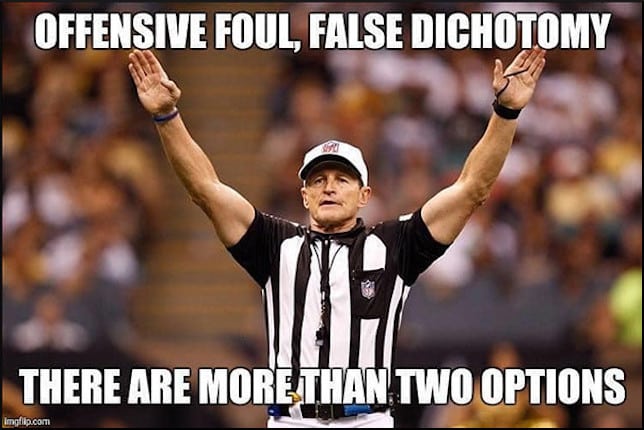Coronavirus Chronicles — The Long Haul and the Lung

Last time, we mentioned how a lot is going on that nobody has kept real close track of until recently, and enumerated many of the symptoms that PASC, or long-Covid sufferers’ experience. These negative outcomes are not limited to adults. One thing shared by old and young is pulmonary injury. Mitchell Tsai writes,
We know there’s a lot of immune system damage that happens during the infection that damages tissue in the lungs so badly that it’s no longer functioning. That’s why the patients have shortness of breath, because part of their lung tissue just isn’t working…
Some body parts heal themselves, other do not. What about lungs? That depends on what is meant by healing. There is a difference between regeneration, whose success level can approach “good as new,” and repair, which can mean something as basic as plugging a leak with putty. Where does lung damage fit into the “long Covid” picture? Tsai writes,
In response to sustained and extensive damage, the lung is healed via a non‐regenerative process resulting in scar tissue that locally stiffens its structure, which over time leads to a serious loss of lung function and to increasing morbidities.
Journalist Jennifer Couzin-Frankel reported,
Scarring seems most likely to accompany underlying lung disease, hypertension, obesity, and other conditions.
“We expected to see a lot of long-term damage from COVID-19: scarring, decreased lung function, decreased exercise capacity,” says Ali Gholamrezanezhad, a radiologist at the Keck School of Medicine at the University of Southern California…
Another source speaks of the long-Covid patients studied at New York’s Mount Sinai, who seem to have developed a “dysautonomia-like condition.” This is a partial breakdown of the autonomic nervous system, which controls what are called the “vital signs” — heart rate, respiration rate, and temperature. Among other duties, it also regulates digestion and metabolism, both of which have something to do with body weight, and thus obesity or its absence. Quoted is David Putrino, director of rehabilitation innovation:
About 90% of such patients report having symptoms of exercise intolerance, fatigue and elevated heartbeats.
In summation, obesity can soften a person up to be more vulnerable to lung damage. COVID-19 causes lung damage, which causes shortness of breath and a general decreased capacity to exercise, which leads to obesity in people of all ages. Once again, the evil twins work together, referring customers to each other’s crooked businesses and paying each other kickbacks.
Your responses and feedback are welcome!
Source: “Mitchell Tsai,” Quora.com, 07/26/20″
Source: “Regeneration and repair in the healing lung,” NIH.gob07/06/20
Source: “From ‘brain fog’ to heart damage, COVID-19’s lingering problems alarm scientists,” ScienceMag.org, 07/31/20
Source: “Doctors Begin to Crack Covid’s Mysterious Long-Term Effects,” MSN.com, 11/1/2020
Image by Ben/CC BY-SA 2.0










 FAQs and Media Requests:
FAQs and Media Requests: 











